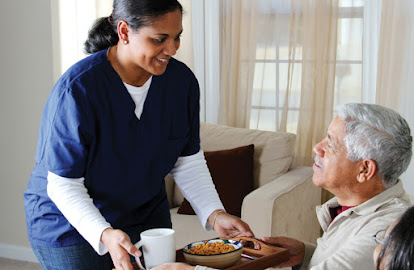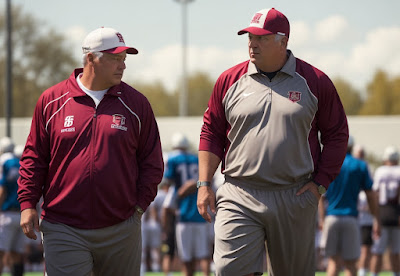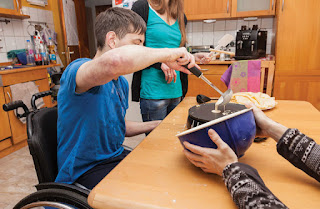Personal Care Assistance Program for People with Disabilities
A personal care assistant offers assistance and is a lifeline for those with impairments, whether temporary, chronic, emotional, physical, or mental. They facilitate the completion of fundamental everyday tasks for children and adults and serve as additional reinforcement for a higher level of independence and quality of life.
Children receive personal care assistance via physical duties, both large and small, which helps them become independent while providing parents with a break. Personal care assistants aid individuals with daily living activities, healthcare responsibilities, and behavior redirection at home, at work, or while out and about in the community.
Various medically essential personal care assistance programs are included with personal care assistance. A person must require support with daily living activities, health-related duties, or needs for monitoring and behavior modification for these personal care assistance programs to be used.
● First, it involves everyday living tasks, including eating, using the restroom, grooming, clothing, bathing, transferring, moving about, and positioning.
● Complex health-related tasks that are permitted by state law to be delegated or assigned to a personal care assistant by a licensed healthcare provider.
● Managing funds, planning and preparing meals, shopping for necessities, carrying out necessary domestic tasks, interacting by phone and other media, traveling, and participating in social events are all crucial everyday activities.
● Observation and behavior modification includes monitoring of behavior.
ABOUT
The Northeast Independent Living Program, Inc. (NILP), an independent living center run by consumers, offers services and advocacy to persons with various types of disabilities who want to live freely in their communities.
The Personal Care Assistance Program (PCA) is one of the programs offered by NILP, which aims to keep clients residing in their homes with personal care assistance rather than in hospitals or nursing homes. The user controls the application. The individual getting the services oversees their program on their own or with the help of a chosen proxy.
Consumers who meet the requirements listed below are eligible:
● Those that possess CommonHealth or MassHealth
● Who has a persistent or ongoing impairment
● Those with two or more activities of daily living (ADLs), such as eating, dressing, grooming, administering medicine, or passive range of motion, require physical help.
CONCLUSION
NILP’s Personal Care Assistance Program (PCA) is an integral support program for thousands of people with disabilities. PCA Skills Specialists will give you and/or your surrogate orientation and skills training so you can learn about the program.
In the NILP PCA program, people receive referrals from consumers, family members, doctors, and other providers. All potential consumers are screened for eligibility. NILP will call you if one is eligible to set up an intake assessment. With NILP, Nurses and Occupational Therapists will evaluate how much assistance you need.se to live independently. The Personal Care Assistant Program is a MassHealth-funded program in which consumers receive assistance with Activities of Daily Living. It is consumer controlled and allows the person receiving the services to manage their program independently or with the assistance of a surrogate.



Comments
Post a Comment